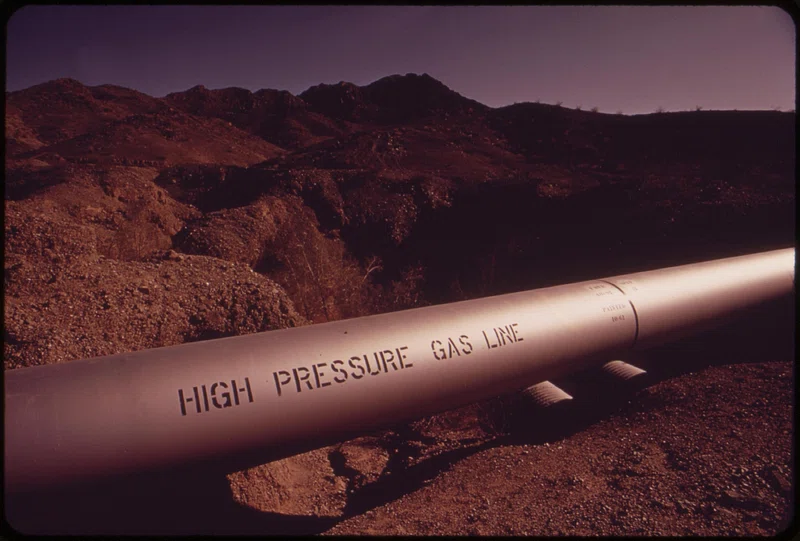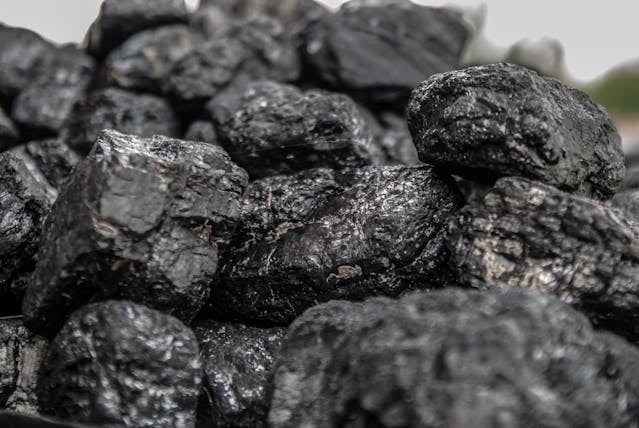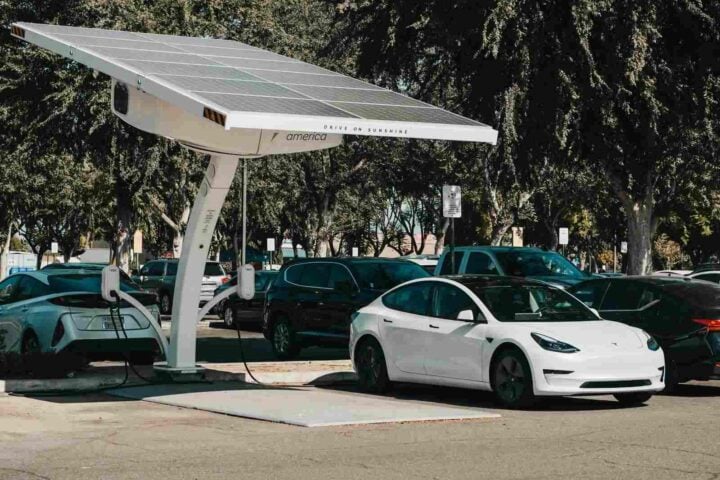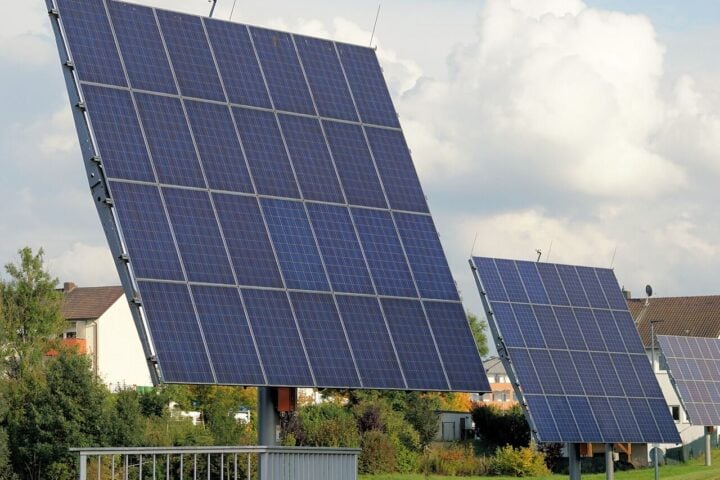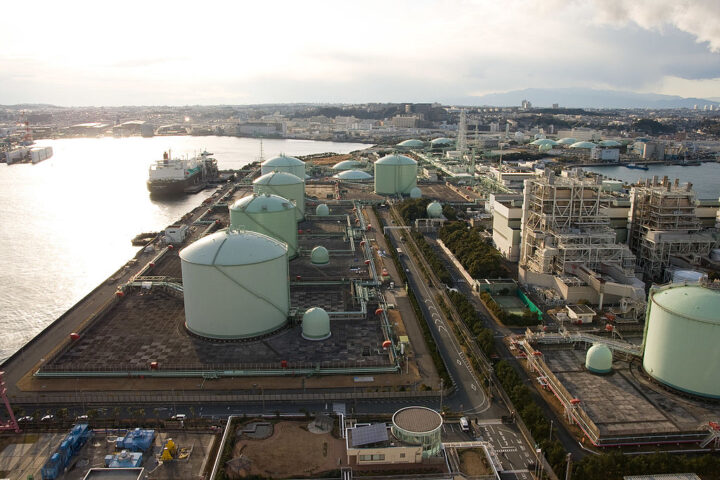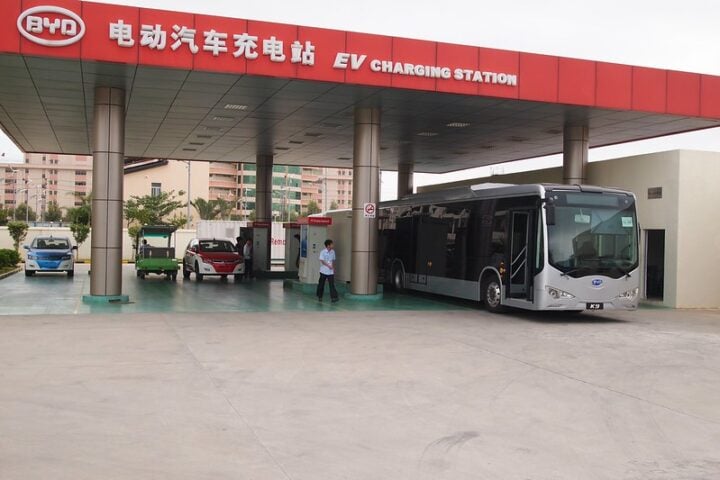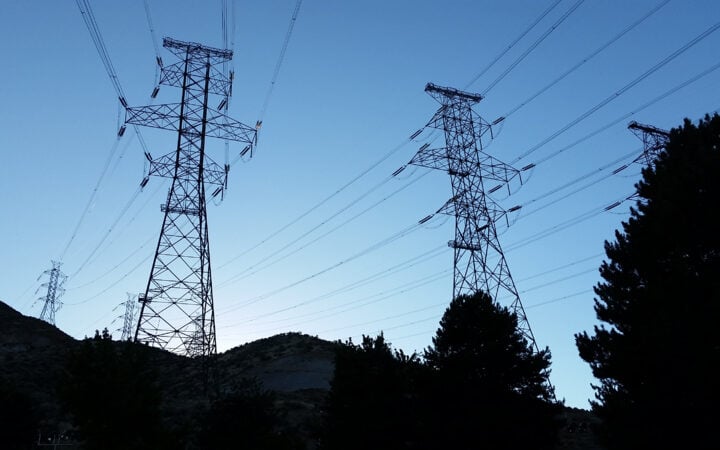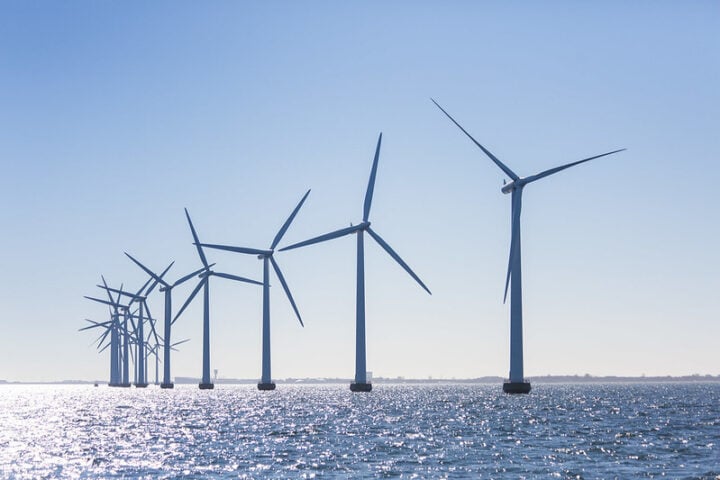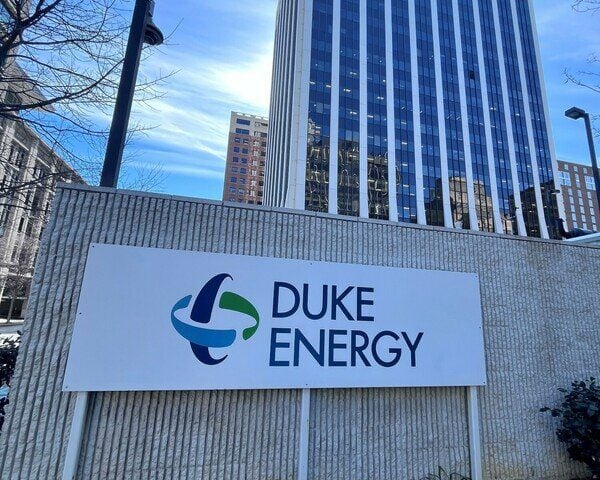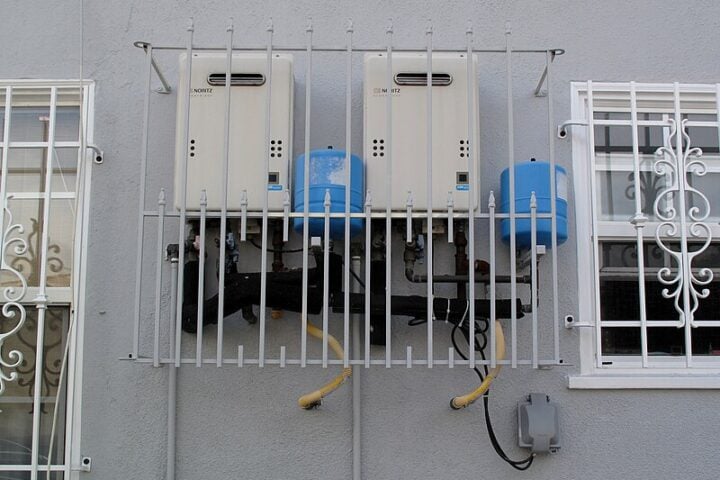A recent move has sparked a furnace of controversy, federal regulators have given the nod to a significant expansion of the Gas Transmission Northwest (GTN) pipeline, a project known as GTN Xpress, despite fervent opposition from environmental groups and political leaders in the West Coast states. This decision marks a critical inflection point in the nation’s energy policy and environmental stewardship strategies, igniting debates about safety, climate change, and the future of energy in America.
The Federal Energy Regulatory Commission (FERC) approved the project, set to increase the pipeline’s capacity by approximately 150 million cubic feet per day. This expansion involves modifications to three compressor stations along the pipeline’s stretch in Idaho, Washington, and Oregon, enhancing the pressure and flow of gas over long distances.
However, the project’s green light has not been met with universal applause. “The commission failed to listen to Senators, Governors, State Attorneys General, Tribes, and the public in its rubber stamp of unnecessary fracked gas in the Northwest,” expressed Audrey Leonard, staff attorney for Columbia Riverkeeper. The environmental nonprofit, along with other groups, highlights the heightened risks of spills, explosions, and consequent wildfires, especially considering the pipeline’s original construction dates back to the 1960s. “An explosion of that level in eastern Washington or eastern Oregon would be catastrophic,” Leonard added, not mincing words about the potential environmental impact.
The pipeline, owned by Calgary, Canada-based TC Energy, has been under scrutiny, with critics pointing to the company’s checkered safety history. Recent incidents involving TC Energy’s infrastructure have raised eyebrows about the prudence of entrusting the firm with such a substantial project. These concerns are amplified by the broader implications for climate change, as the pipeline fortifies the region’s reliance on fossil fuels at a time when states are ostensibly shifting towards green energy.
Similar Posts
The discord extends to the political arena. While Idaho’s Republican leaders have endorsed the project, their Democratic counterparts in neighboring states have been vocally opposed. Washington Gov. Jay Inslee, along with Senators from Oregon and Washington, emphasized that the project flies in the face of the states’ climate laws and policies. They underscored the incongruity of expanding fossil fuel infrastructure when the states are actively moving away from these energy sources.
Despite these objections, FERC Chairman Willie Phillips stood by the commission’s decision: “There was no evidence presented that this project would significantly increase greenhouse gas emissions. The commission determined that this project was needed and therefore we support its approval.” This stance was outlined in the agency’s environmental impact statement, which suggested that most adverse environmental impacts would be temporary or short-term.
Yet, for environmental advocates, this assurance is cold comfort. They argue the assessment glosses over the full extent of the project’s environmental harm, including the effects of fracking, a method notorious for its environmental and health risks.
This decision is not the final chapter, as opponents like Columbia Riverkeeper plan to appeal. As the nation grapples with the realities of climate change, the controversy surrounding the GTN Xpress project serves as a microcosm of the larger debate between economic development and environmental preservation. The outcome of this project could set a precedent for how the U.S. balances these often conflicting priorities, making it a story worth keeping an eye on.
